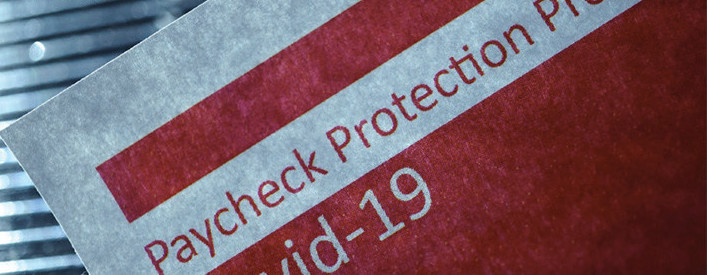
PPP
Thousands of PPP & EIDL Loans Went to Business Owners Older Than 115 Years Old
March 5, 2025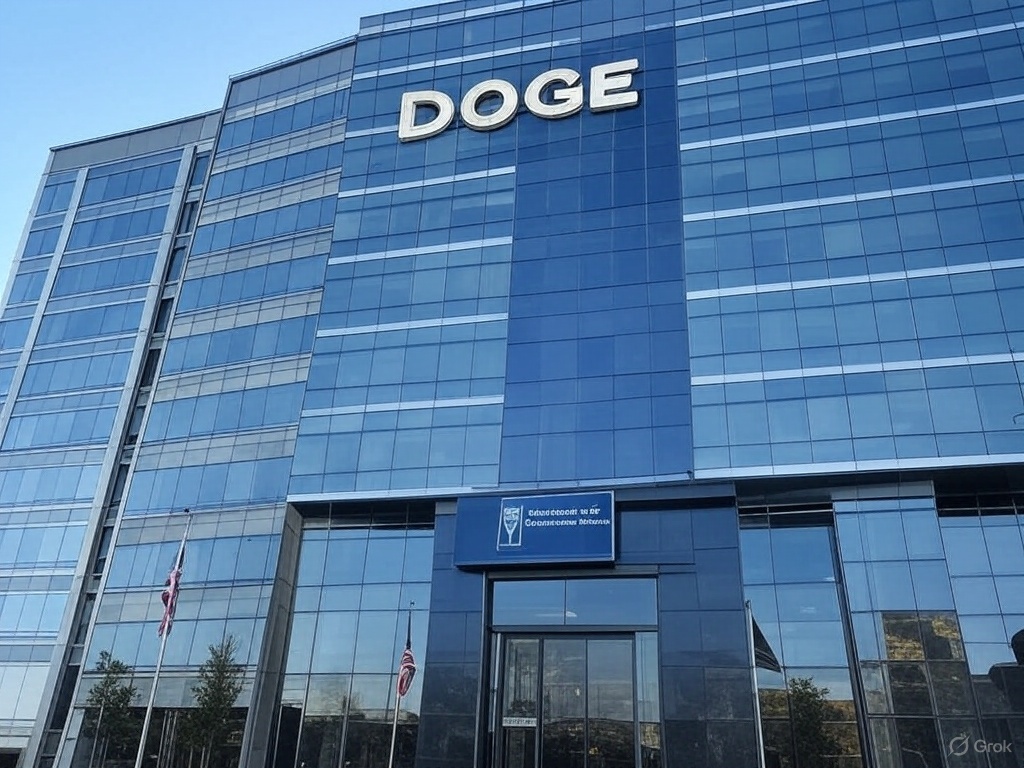 According to the Department of Government Efficiency (DOGE), 3,095 SBA loans issued during the 2020-2021 covid era went to businesses where the owner was recorded as being older than 115 years old. The oldest person living in the US currently is only 114. Overall, this amounted to $333M deployed. No additional details were shared on the loans. The DOGE website mostly just embeds tweets made on X.
According to the Department of Government Efficiency (DOGE), 3,095 SBA loans issued during the 2020-2021 covid era went to businesses where the owner was recorded as being older than 115 years old. The oldest person living in the US currently is only 114. Overall, this amounted to $333M deployed. No additional details were shared on the loans. The DOGE website mostly just embeds tweets made on X.
That shenanigans occurred during the PPP & EIDL covid era is nothing new. As of FY 2024, for example, the SBA had already written off $70B in covid EIDL loans alone. What’s new with the above information is perhaps how cross-checking may have easily prevented some of the obvious fraud.
Prosper Marketplace Receives Full Forgiveness of Its SBA Loan
May 18, 2022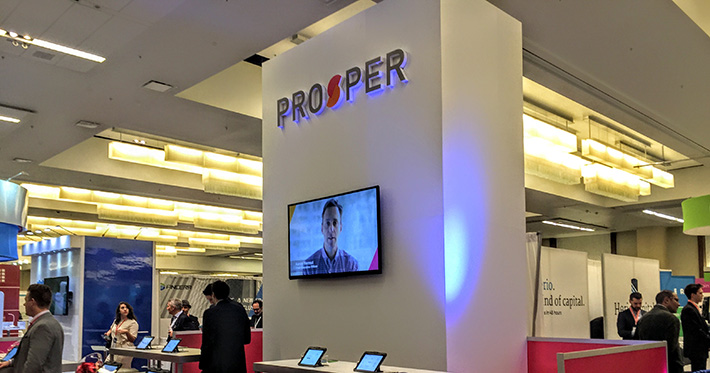 Three months after the SBA told a Sioux Falls small business lender that it wasn’t eligible for PPP loan forgiveness because it was involved in lending, the same agency approved full forgiveness for one of the nation’s largest consumer lending businesses, Prosper Marketplace.
Three months after the SBA told a Sioux Falls small business lender that it wasn’t eligible for PPP loan forgiveness because it was involved in lending, the same agency approved full forgiveness for one of the nation’s largest consumer lending businesses, Prosper Marketplace.
“On March 21, 2022, we were notified by the SBA that all principal and interest under our PPP loan, totaling $8.6 million, was forgiven through a full forgiveness payment made on March 15, 2022 by the SBA to the lender of our PPP loan,” Prosper reported in its Q1 earnings. The company also announced that it had facilitated $560.6M in Borrower Loan originations in the first three months of this year so far.
Technically, Prosper is a “credit marketplace.” All loans originated through the marketplace are made by WebBank. Prosper facilitated $1.9B in loan originations last year alone.
Prosper was among the lenders that actually turned a profit in 2020, $18.5M to be precise, on $1.5B in loans facilitated.
Khloe Kardashian Has $1.3M PPP Loan Forgiven Despite Her $50M Net Worth
February 8, 2022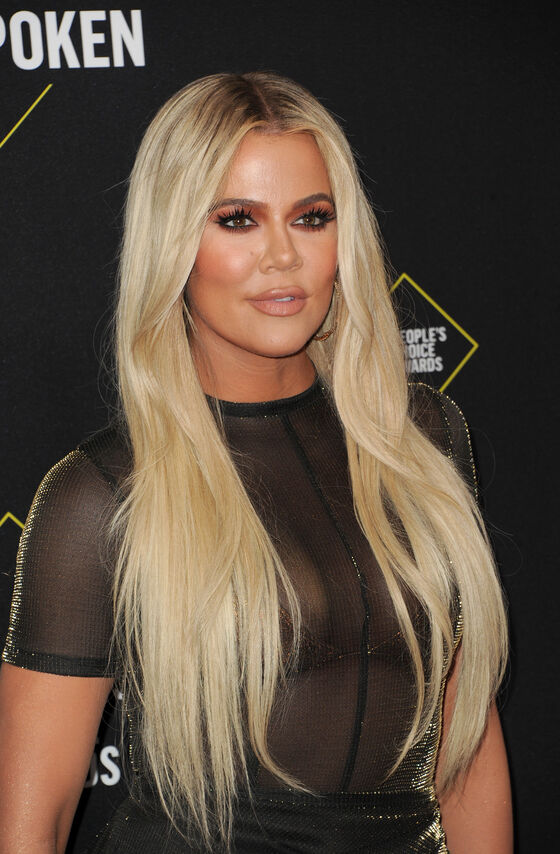 Khloe Kardashian’s online clothing brand Good American, founded in 2016 along with co-founder Emma Grede, was approved for a $1.3 million PPP loan on April 14 of 2020. The loan was fully forgiven on March 31 of 2021.
Khloe Kardashian’s online clothing brand Good American, founded in 2016 along with co-founder Emma Grede, was approved for a $1.3 million PPP loan on April 14 of 2020. The loan was fully forgiven on March 31 of 2021.
Paycheck Protection Program loans were intended for small businesses struggling due to the Covid-19 pandemic. Good American, despite its celebrity backing, appears to have legitimately claimed that the money was going to be used for necessities such as rent, utilities, payroll, and healthcare.
Khloe is not the only wealthy celebrity that took advantage of PPP loans. As stated in the Tampa Bay Times, Kanye West received a PPP loan ranging from $2 million to $5 million for his clothing-and-sneaker brand, Yeezy.
Another example is Reese Witherspoon’s southern themed clothing brand, Draper James. The company was granted $350,000 and $1 million.
Bachelor and Bachelorette stars became involved as well. Tayshia Adams, who starred as a Bachelorette co-lead in 2020, received a $20,833 loan for her one-person LLC, Tayshia Adams Media.
Lauren Burnham Luyendyk and Arie Luyendyk Jr., a couple who married following the 2018 Bachelor season, were given a $20,830 loan for their company Instagram Husband, reported by Vulture.
Fans were frustrated when Khloe advertised a sale on the brand’s line in April of 2020 that consisted of a 30% discount. It was viewed as offensive in the context of the global economy grinding to a halt
According to The U.S. Sun, social media platforms were filled with opinions, “It’s still too much… seriously right now is not the time to advertise your ‘sales’ most people don’t have money for jeans right now…”
Another expressed, “Not any ill will towards you by any means but can you possibly raise awareness for those that need it most?”
Fintech Helps Small Businesses More Than Banks, says US Rep
October 14, 2021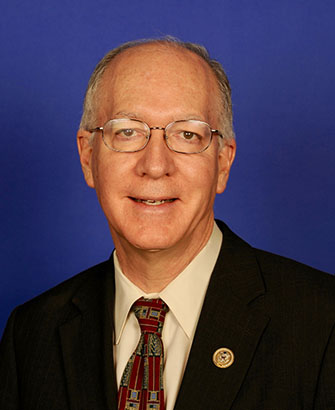 At the Bipartisan Policy Center’s summit on small business recovery on Thursday, Rep. Bill Foster (D-IL) of the US House of representatives credited fintech for helping small businesses survive pandemic-influenced hardships. “I was very struck recently, if you look at the PPP program, some of the most effective providers were fintech. There is some evidence that says fintech providers were more effective than banks” said Foster.
At the Bipartisan Policy Center’s summit on small business recovery on Thursday, Rep. Bill Foster (D-IL) of the US House of representatives credited fintech for helping small businesses survive pandemic-influenced hardships. “I was very struck recently, if you look at the PPP program, some of the most effective providers were fintech. There is some evidence that says fintech providers were more effective than banks” said Foster.
Fintech beat the banks not only in the allocation and distribution of PPP money, but providing unprecedented help to small businesses owned by individuals from underserved communities, according to Foster. “I think that is something that we have to make sure that [the government] is doing everything we can to support the use of technology by small businesses.”
With quick access to capital, innovative ways to pull data and store information, flexible lending and repayment options, and a mass array of competition, non-bank finance alongside fintech allowed small businesses across America the chance to survive when the odds were stacked against them. Traditional banks, tied up by regulations and bureaucratic processes, would have never been able to provide the capital needed to the countless businesses who relied on PPP loans to stay alive.
Foster has used fintech’s performance as a way to make his case for the necessity of the industry’s role in the everyday life of all Americans. “We’re trying to do a better job in getting a secure digital ID in the hands of all Americans” he said. “Providing a guarantee for all Americans, regardless of what their financial situation is, that they will have access to at least a basic internet connection, basic broadband connection, and a low end [mobile] device.”
Foster spoke about his plan to bundle these ideas with a mindset of fraud prevention, using fintech to provide a digital suite of government issued documents in an effort to counter identity theft. With this, according to Foster, fintech can provide a system in which an individual can prove who they are online, subsequently preventing fraud.
“Small businesses are one of the real victims of identity fraud,” he said. Arizona, Louisiana, and Oklahoma have taken the lead in incorporating fintech into their efforts of fighting small business identity fraud in their states, Foster claimed. He also touched on fintech’s role in the collaboration of digital medical records between healthcare companies and individual practices to enhance the innovation of healthcare processes.
With the government acknowledging fintech’s future nationwide impact on a bipartisan level, the integration of this technology in small businesses and consumers alike at an unprecedented level is just a matter of time.
Should Small Business Lenders Weigh Risk of Applicants Getting Prosecuted for PPP Fraud?
July 23, 2021 As law enforcement officers and prosecutors gradually move on from fake businesses that got PPP in favor of real ones that lied to get more PPP funds than they should have, non-PPP loan underwriters may be forced to grapple with a new question: Is the merchant at risk of PPP fraud prosecution?
As law enforcement officers and prosecutors gradually move on from fake businesses that got PPP in favor of real ones that lied to get more PPP funds than they should have, non-PPP loan underwriters may be forced to grapple with a new question: Is the merchant at risk of PPP fraud prosecution?
Alarm bells have already been sounded by Experian for a different reason, one that warned commercial fintech lenders that the mere receipt of PPP funds should not be considered enough to confer legitimacy on a loan applicant.
But what if everything checks out and the business is legitimate? PPP could come back to adversely affect the performance of the loan if the applicant is later prosecuted or forced to give back all or a portion of the PPP funds. A recent roundup by the Department of Justice, for example, resulted in 22 individuals being charged for PPP related fraud. More than a dozen actual businesses were ensnared by it, with the litany of charges including things “false statements to a federally insured financial institution.”
If a business misappropriated the funds, lied to get more than they should have, lied about when the business was founded, or engaged in some other kind of misleading impropriety, that business could be a ticking time bomb for lenders.
Proactive underwriters or fintech technology could assess whether or not the PPP funds obtained by an applicant were financially realistic and that the business start date aligned with PPP requirements. A business doing $20,000 a month in sales that obtained $200,000 in PPP funds, for example, may look sustainably healthy but raise a red flag that it may not have been legitimately obtained. Underwriters should be crunching the numbers and thinking about whether or not this applicant is likely to face consequences and what that might mean for the loan if it’s approved.
This editorial is the opinion of the author.
Fraudsters May Leverage Their PPP Approvals to Get Business Loans and MCAs
July 21, 2021 A small business finance underwriter torn between approving or declining an applicant probably should not consider whether or not that business got PPP funding as evidence of the applicant’s legitimacy.
A small business finance underwriter torn between approving or declining an applicant probably should not consider whether or not that business got PPP funding as evidence of the applicant’s legitimacy.
A new alert put forth by Experian claims that “greater than 75% of PPP loans originated by commercial fintech lenders were NOT run through a fraud screening and have a greater probability of containing bad actors.” Experian says that “lenders will need to be more vigilant as they assess these businesses for future offers of credit.”
Experian cites data from the FTC that shows fraud and identify theft have surged since the pandemic started, climbing to even higher levels in 2021 over 2020.
Fraudsters that successfully obtained PPP loans with altered documents, for fake businesses, or on behalf of real businesses using stolen identities, may now use those as leverage to obtain additional money, particularly through sources where the perceived consequences of being found out are low. Non-bank funders and fintech lenders are an attractive target.
Just because an applicant got a PPP loan, underwriters should not assume it has passed a fraud check.
Orlando SBA Lender Fountainhead Funds $4 Billion+ in PPP
June 23, 2021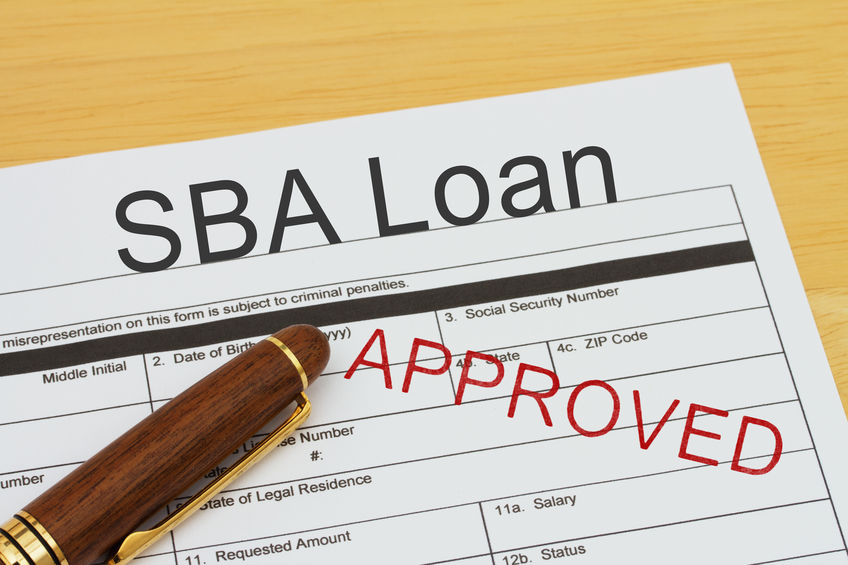 Fountainhead, an Orlando-based SBA lender, funded over $4.72 billion in PPP loans to SMBs in the past 15 months. According to the SBA, the 30 member team facilitated the 12th most PPP loans in the country.
Fountainhead, an Orlando-based SBA lender, funded over $4.72 billion in PPP loans to SMBs in the past 15 months. According to the SBA, the 30 member team facilitated the 12th most PPP loans in the country.
So far in 2021 alone, Fountainhead funded $3.95 billion, after a total of $760 million in 2020, preserving 430,000 American jobs, they estimated.
“We did not shy away from the latest round of PPP. Before it was introduced, we were implementing new procedures and building on what we learned from the first and second rounds in order to create a more streamlined and effective system for our customers,” said CEO and Founder Chris Hurn. “It’s no secret that the past few months have been anything but easy. While our team endured long days and nights with little time to rest, we’re extremely proud to have helped so many small businesses. Our team performed admirably. I’m so very proud of them.”
Fountainhead’s current objective is to process PPP loan forgiveness applications while also refocusing on its core business of SBA 7(a) and SBA 504 loans.
DOJ Probes Fintech PPP Lenders
May 19, 2021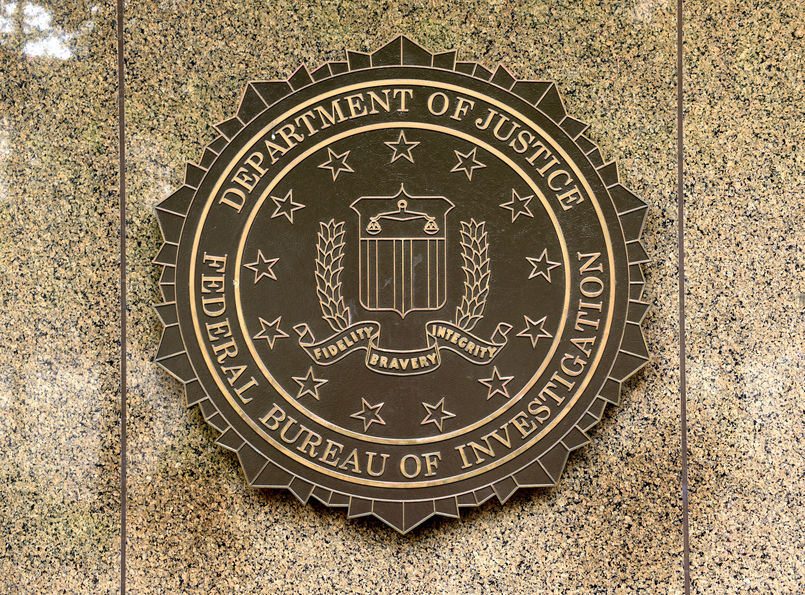 The DOJ has launched a probe into fintech firms like Kabbage for their handling of PPP loan distribution, expressing concern that firms may have miscalculated eligible loan amounts or misrepresented payroll taxes, Reuters reported.
The DOJ has launched a probe into fintech firms like Kabbage for their handling of PPP loan distribution, expressing concern that firms may have miscalculated eligible loan amounts or misrepresented payroll taxes, Reuters reported.
The probe is the beginning of an investigation and does not indicate any wrongdoing. The DOJ is reacting to the concerns from multiple sources since PPP launched that the $780 billion program ran the risk of fraud and misuse of funds.
The PPP lending portion of Kabbage, since spun off and rebranded to K Servicing, made less than 300,000 PPP loans worth $7 billion from April to August alone, according to the website. Based on the original PPP lender guidelines, that could net the firm as much as $350 million in commission for sourcing the loans.
As recently as December, the SBA’s own oversight officer Hannibal Ware found that possibly “over 2 million approved PPP loan guarantees” or about $189 billion in loans were “potentially” not in compliance with the law. Those applications are a piece of the puzzle and may turn out to be not fraudulent at all, but the DOJ is taking steps to make sure.
The SBA compliance rules changed constantly, creating a challenge for many PPP lenders to adapt their automated loan processing while updates came out.
In related news, the SBA began accepting applications for the Restaurant Revitalization Fund on Monday, May 3rd. In the first two days, the organization recorded 186,200 applications from restaurants and eligible businesses from across the country.
“61,700 of the applications came from businesses with under $500,000 in annual pre-pandemic revenue,” the SBA reported. “Representing some of the smallest restaurants and bars in America.





























